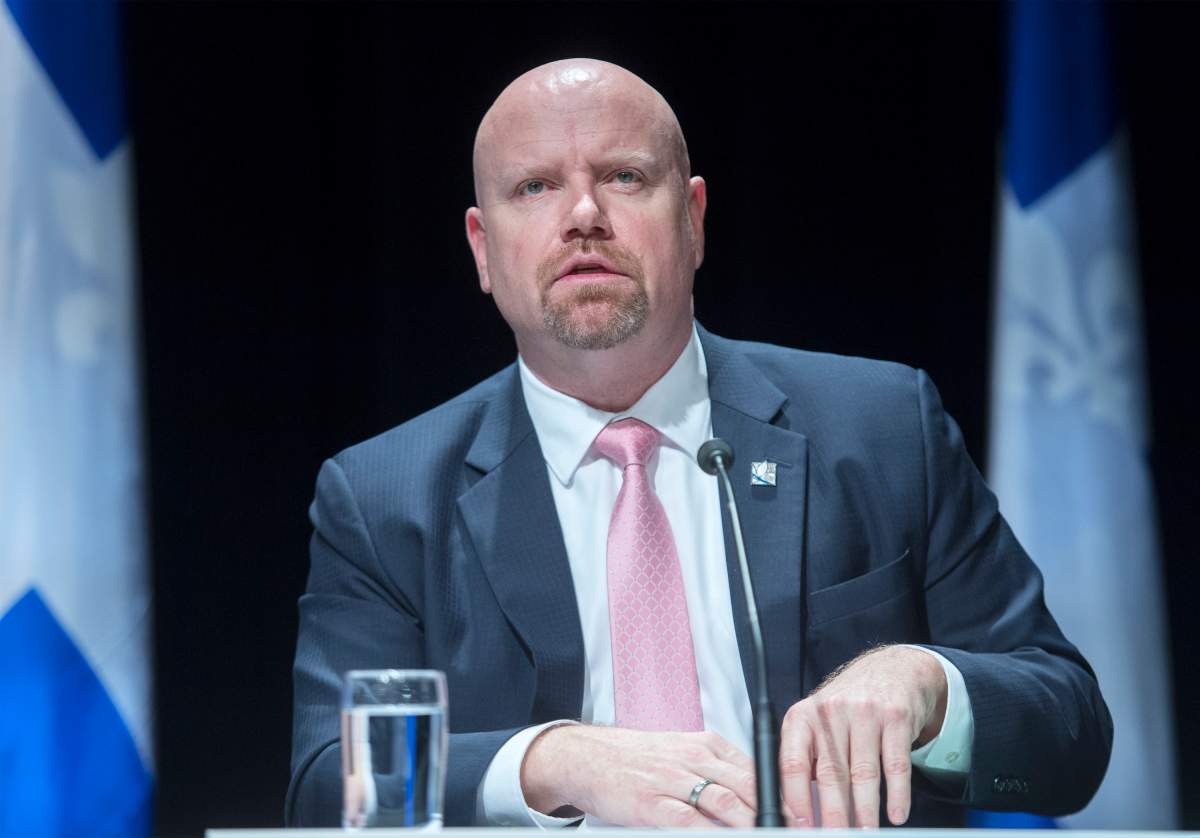Quebec is injecting more than $14 million over four years to give Indigenous communities better access to justice, with the government saying it wants to adapt to their realities rather than forcing them to adapt to the current criminal justice system.

Ian Lafrenière, minister responsible for Indigenous affairs, made the announcement Monday accompanied by Justice Minister Simon Jolin-Barrette.
Ghislain Picard, chief of the Assembly of First Nations Quebec-Labrador, and Tanya Sirois, executive director of the Regroupement des centers d’amitié autochtones du Québec (RCAAQ), were also on hand for the announcement.
The province says it is following up on several recommendations of the final report from the Viens Commission, an inquiry that examined Quebec’s relations with Indigenous Peoples.
The government also added that it wants to promote Indigenous community justice and fight against the over-representation of Indigenous people in the penal system.

Get daily National news
Picard says 25 per cent of inmates in Canada are Indigenous but they only represent four per cent of Canada’s population.
The funding will be used to help Indigenous people directly within their communities and in cities.
Under the plan, part of the money will specifically go toward hiring “Gladue writers,” who write pre-sentence reports taking into account certain factors specific to the difficulties experienced by Indigenous people.







Comments